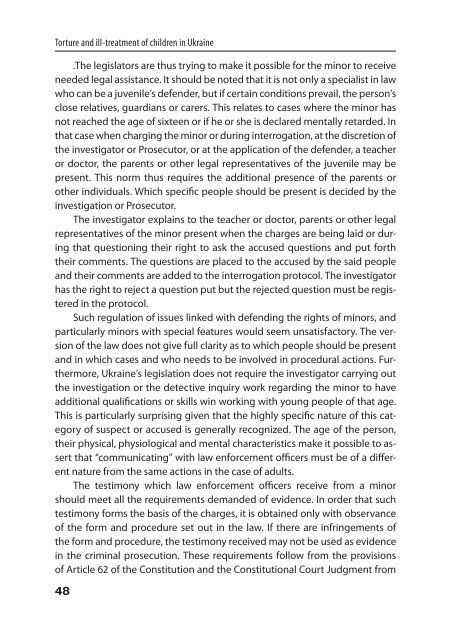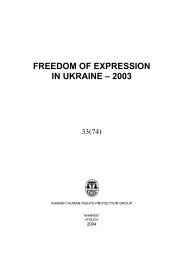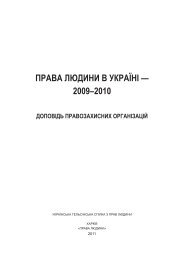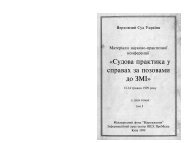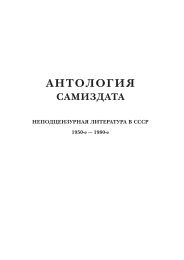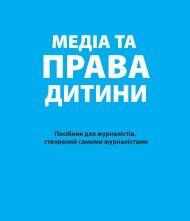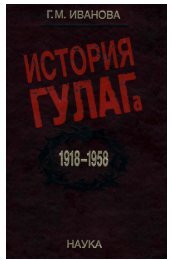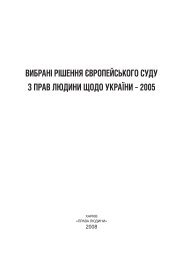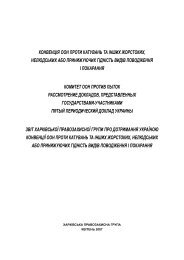TORTURE AND ILL-TREATMENT OF CHILDREN IN UKRAINE
TORTURE AND ILL-TREATMENT OF CHILDREN IN UKRAINE
TORTURE AND ILL-TREATMENT OF CHILDREN IN UKRAINE
- No tags were found...
Create successful ePaper yourself
Turn your PDF publications into a flip-book with our unique Google optimized e-Paper software.
Torture and ill-treatment of children in Ukraine.The legislators are thus trying to make it possible for the minor to receiveneeded legal assistance. It should be noted that it is not only a specialist in lawwho can be a juvenile’s defender, but if certain conditions prevail, the person’sclose relatives, guardians or carers. This relates to cases where the minor hasnot reached the age of sixteen or if he or she is declared mentally retarded. Inthat case when charging the minor or during interrogation, at the discretion ofthe investigator or Prosecutor, or at the application of the defender, a teacheror doctor, the parents or other legal representatives of the juvenile may bepresent. This norm thus requires the additional presence of the parents orother individuals. Which specific people should be present is decided by theinvestigation or Prosecutor.The investigator explains to the teacher or doctor, parents or other legalrepresentatives of the minor present when the charges are being laid or duringthat questioning their right to ask the accused questions and put forththeir comments. The questions are placed to the accused by the said peopleand their comments are added to the interrogation protocol. The investigatorhas the right to reject a question put but the rejected question must be registeredin the protocol.Such regulation of issues linked with defending the rights of minors, andparticularly minors with special features would seem unsatisfactory. The versionof the law does not give full clarity as to which people should be presentand in which cases and who needs to be involved in procedural actions. Furthermore,Ukraine’s legislation does not require the investigator carrying outthe investigation or the detective inquiry work regarding the minor to haveadditional qualifications or skills win working with young people of that age.This is particularly surprising given that the highly specific nature of this categoryof suspect or accused is generally recognized. The age of the person,their physical, physiological and mental characteristics make it possible to assertthat “communicating” with law enforcement officers must be of a differentnature from the same actions in the case of adults.The testimony which law enforcement officers receive from a minorshould meet all the requirements demanded of evidence. In order that suchtestimony forms the basis of the charges, it is obtained only with observanceof the form and procedure set out in the law. If there are infringements ofthe form and procedure, the testimony received may not be used as evidencein the criminal prosecution. These requirements follow from the provisionsof Article 62 of the Constitution and the Constitutional Court Judgment from48


